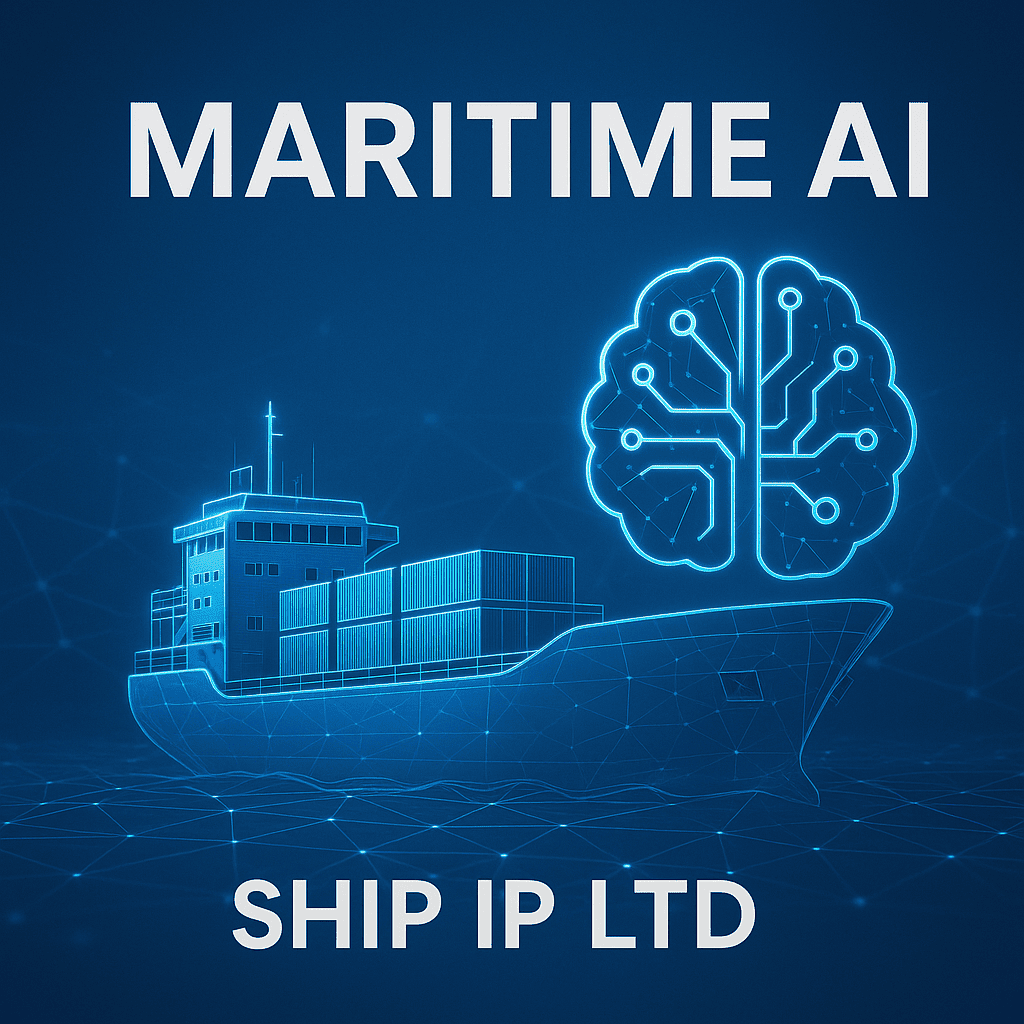Maritime AI: Weekly Round‑up (July 7–13, 2025)
July 14, 2025 MARITIME AI
🌍 What’s New in Maritime AI?
Artificial Intelligence continues to transform the maritime world, and this past week (July 7–13) brought several exciting developments across commercial, defense, and sustainability sectors.
⚓ AI in Public Maritime Transport: Hamburg Goes Smart
Hamburg’s ferry operator Hadag has launched a new initiative integrating AI into its electric ferry fleet. The system optimizes:
-
Battery charging schedules
-
Passenger load predictions
-
Real-time traffic and energy consumption
-
Onboard communication via smart signage and apps
This supports Hamburg’s 2030 zero-emissions transport targets.
📸 Alt text for image: “Electric AI-powered ferry in Hamburg with digital passenger display.”
🛰️ AI-Powered Surveillance: Hidden Ship Detected
French maritime intelligence agencies recently used AI satellite analysis to uncover a covert Chinese research vessel operating without AIS signals in the Bay of Bengal—near Indian waters.
This breakthrough highlights:
-
AI’s role in non-AIS maritime monitoring
-
Growing concerns over undersea surveillance activities
Link to internal blog post: How AI is Changing Maritime Security
⚙️ U.S. Naval Forces Advance Autonomous Operations
The U.S. Navy, Marines, and Coast Guard have increased adoption of AI-driven maritime platforms such as:
-
Boeing Orca (large underwater drone)
-
Kraken K4 Manta (surface vessel with autonomous sensors)
These systems help with:
-
Persistent surveillance
-
Mission planning and execution without human intervention
📸 Alt text: “Autonomous surface drone used by U.S. Navy.”
🛥️ Hydrogen Meets AI: Monaco Energy Boat Challenge
At this year’s Monaco Energy Boat Challenge, several boats were equipped with:
-
AI-powered autonomous navigation
-
Hydrogen-electric propulsion
This convergence of clean energy and autonomy is setting the tone for next-gen yachting and R&D.
📊 Market Insights: Strong Growth in Maritime Autonomy
According to Globenewswire, the autonomous vessels market is expected to:
-
Grow from $1.6 billion in 2025 to $3.4 billion by 2034
-
Achieve 8.4% CAGR, driven by:
-
AI navigation
-
Satellite/5G communications
-
Operational cost reduction
-
Also, IMarEST reported that maritime AI investment tripled from 2023 to 2024.
💡 Conclusion
This week shows that AI is not just a tool—it’s a cornerstone of the future maritime industry. From smart ports and clean ferries to military-grade autonomy and satellite surveillance, AI is steering innovation across all oceans.






